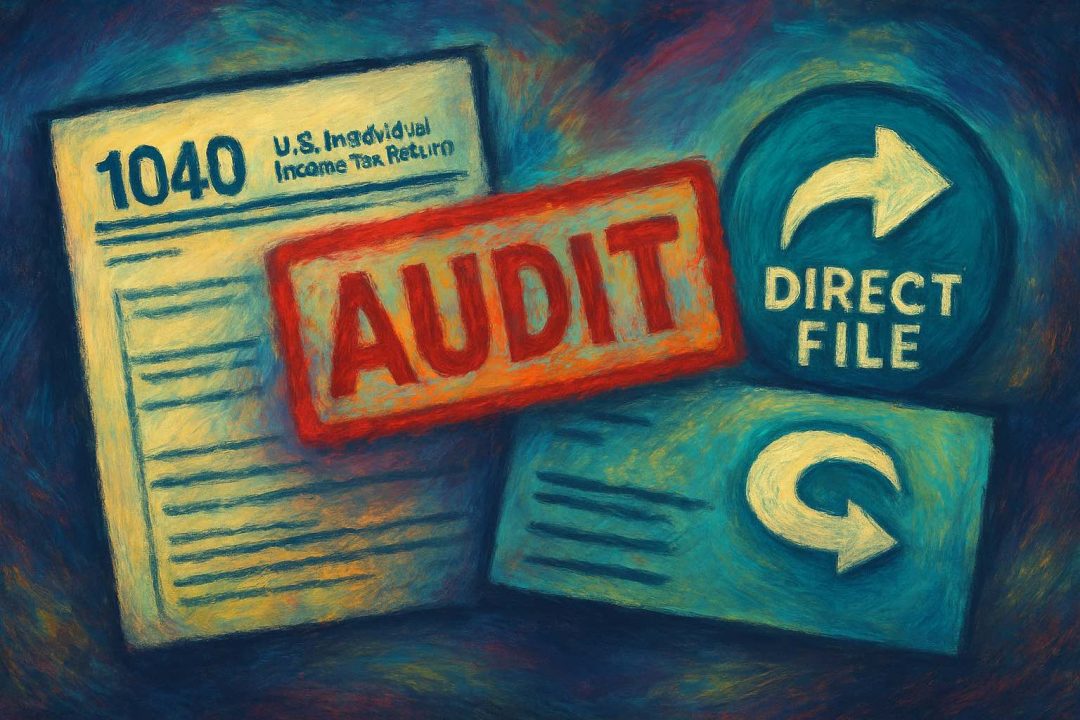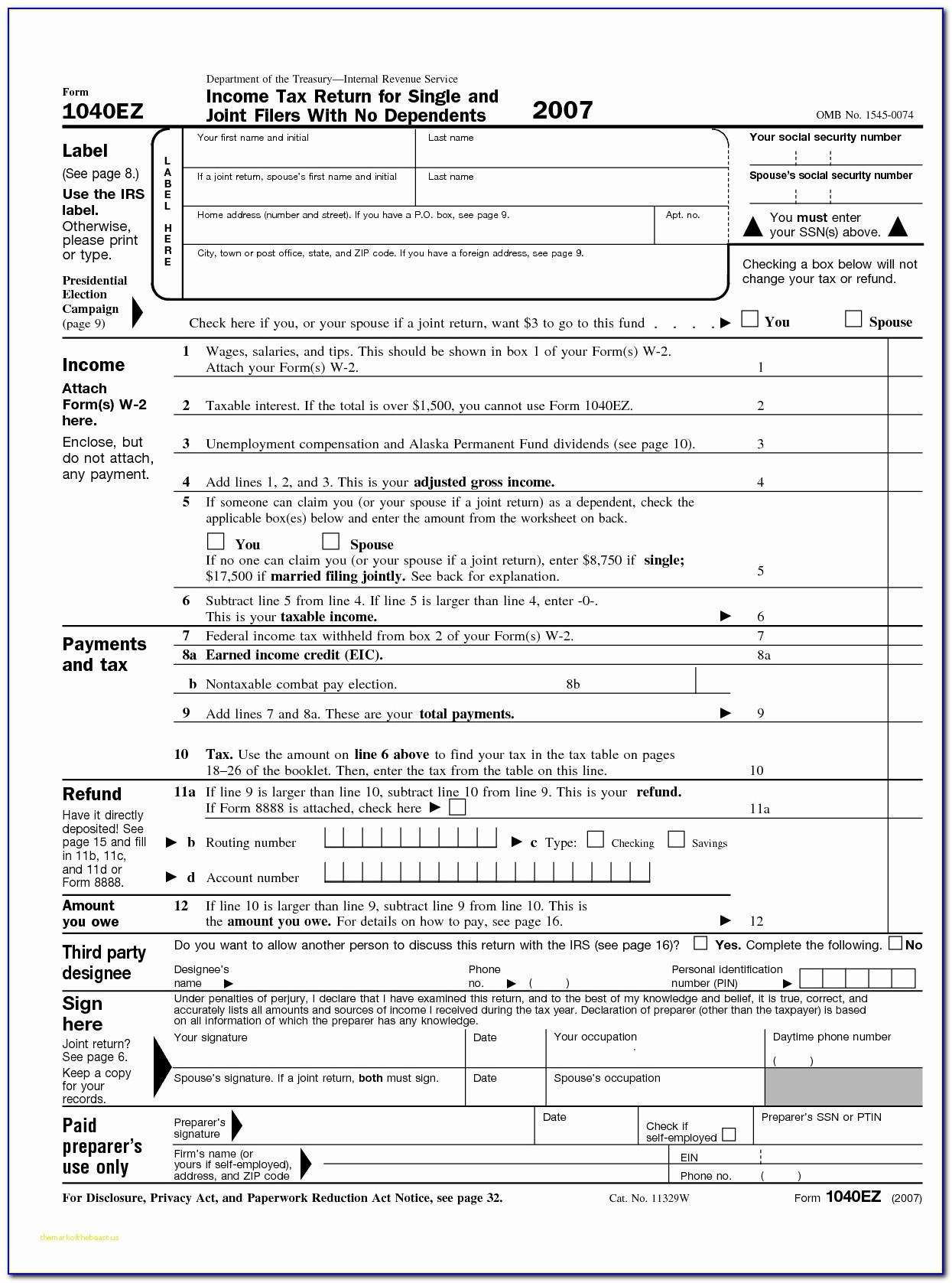Is your digital income tax-ready? The IRS is tightening its grip on digital income, and for the 2024 tax year, a new rule mandates that revenue exceeding $5,000 collected via platforms like PayPal and Venmo must be declared.
The Internal Revenue Service (IRS) has officially ushered in a new era for digital income reporting, a significant shift poised to impact millions of taxpayers. This isn't just a minor adjustment; it's a comprehensive overhaul aimed at bringing digital commerce into clearer focus under the tax code. The crux of this change, applicable for the 2024 tax year, is the requirement to report any revenue surpassing $5,000 that's funneled through digital payment platforms like PayPal, Venmo, and similar services. This has broad implications, encompassing not only direct sales of goods but also payments for services rendered, potentially affecting freelancers, small business owners, and anyone who utilizes these platforms for financial transactions.
As of January 28, 2025, and updated regulations from the IRS, digital assets are clearly within the IRS's purview. Taxpayers filing their 2023 returns were already prompted to declare digital asset-related income, as they did for the 2022 filings. This demonstrates a growing recognition and integration of digital assets into the mainstream tax landscape. Furthermore, the IRS is actively working on clarifying the nuances of digital transactions, as seen in the release of regulations under Section 861 of the Internal Revenue Code on January 10, 2025, which deals with the classification of digital content and cloud transactions.
- The Legacy Of Olga Korbut A Gymnastics Icon
- Discover The Striking Resemblance Meet Janet Jacksons Son
Let's delve into the specifics of how these changes will impact you:
| Aspect | Details |
|---|---|
| Reporting Threshold (2024 Tax Year) | Revenue exceeding $5,000 collected through platforms like PayPal, Venmo, etc., must be reported. |
| Affected Platforms | PayPal, Venmo, Cash App, and similar digital payment platforms. |
| Scope of Income | Includes revenue from direct sales, services rendered, and other transactions. |
| Digital Assets | For tax purposes, digital assets are treated as property, not currency. Income from digital assets is taxable. |
| Record Keeping | Maintaining detailed records of digital transactions is crucial for compliance. |
| Penalties | Failure to comply can lead to penalties and interest on unpaid taxes. |
| Digital Asset Reporting | Taxpayers filing 2023 tax returns must indicate whether they received digital assets as a reward or as payment for services and report all digital asset related income. |
| Future Thresholds | The threshold to report will lower to $2,500 for the 2025 season and then to $600 for the 2026 season. |
The IRS's proactive approach isn't just about collecting more taxes; it's about adapting to the rapidly evolving digital economy. In 2021, Congress took a significant step by lowering the threshold for reporting income on payment apps. This initial reduction, and the subsequent adjustments, underscore the government's commitment to staying abreast of digital financial activity. The IRS officially opened for business on Monday (January 6, 2025), beginning another tax season with these and other changes in place.
Moreover, understanding the source of income is essential. Sections 861 and 862 of the Internal Revenue Code are key to understanding tax rules related to determining the source of different types of income. The Treasury and the IRS have been providing guidance to assist taxpayers in determining the character and source of their income. Income from cloud transactions will now be treated as income from services, which has a big effect on businesses and users.
For anyone entangled in digital commerce, meticulous record-keeping is no longer optional; it's a necessity. The IRS expects taxpayers to maintain detailed records of all transactions to demonstrate compliance. This includes everything from documenting sales of goods to meticulously tracking payments for services and the receipt of digital assets, or from staking/earn programs. The updated rule is a reflection of the evolving digital marketplace and is there to help taxpayers.
It is very important to note that no major rule changes apply to the 2024 tax year filed in 2025. Users must continue to follow existing IRS rules when reporting crypto sales, income, and swaps. Users must also know that digital assets are considered property, not currency, and any income earned from digital assets is taxable. This change underscores a broader effort to create a transparent and accountable tax system.
Failure to report income accurately can trigger penalties and interest on unpaid taxes. This is where understanding the tax implications of digital income becomes crucial. For the 2025 tax season, this threshold will be lowered to $2,500, and subsequently to $600 for the 2026 season. This phased approach reflects a commitment to gradually integrating digital commerce into the tax framework, allowing both the IRS and taxpayers to adjust to the new requirements. These updated requirements and their implementation by the IRS are a significant shift in tax policy.
The IRS has provided additional guidance in the form of regulations, such as those released on January 14, 2025, which delve into the intricacies of classifying digital content transactions and cloud transactions. These final regulations treat income from cloud transactions as income from services and clarify definitions of cloud transactions and digital content transactions for US tax purposes.
Remember, the IRS is there to help, so learning about the 2024 digital payment tax rules should be your top priority. By adhering to these rules, taxpayers can navigate the digital financial landscape with confidence, avoiding potential pitfalls and contributing to a fairer, more transparent tax system.
Its crucial to stay informed, maintain accurate records, and seek professional advice if needed to ensure compliance. The digital world of finance is changing at an unprecedented rate, and staying ahead of these shifts is key to a smooth tax season. The implications of these changes are wide-ranging, affecting individuals, businesses, and the overall economic landscape.
In conclusion, the IRS's new digital income reporting rules are a significant step in adapting to the evolving digital economy. By understanding these updated requirements, taxpayers can ensure compliance and avoid penalties.
- Are Ascendent And Rising Signs Identical Astrology Insights
- Jason Alexanders Kids A Look Into The Family Of The Seinfeld Star


